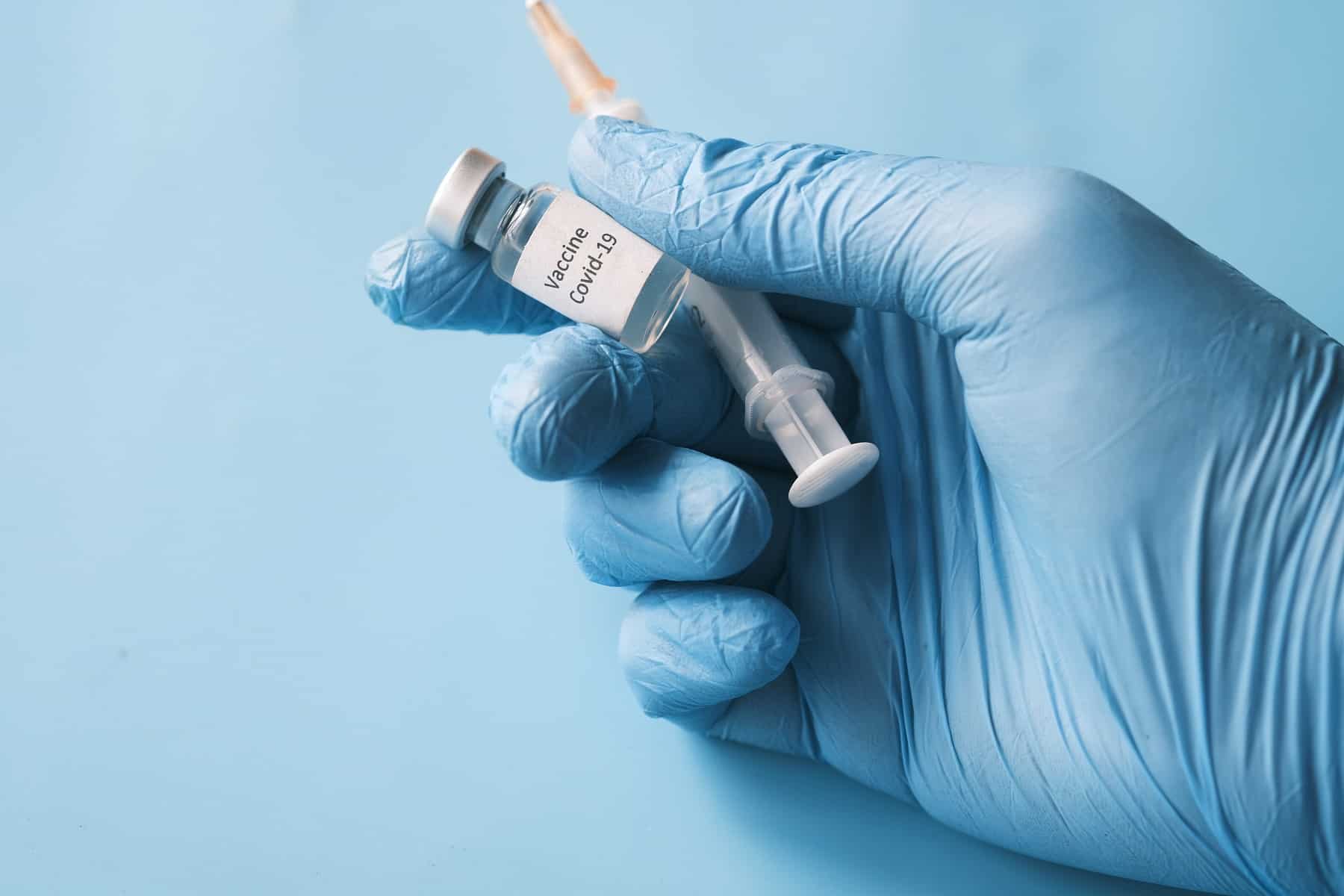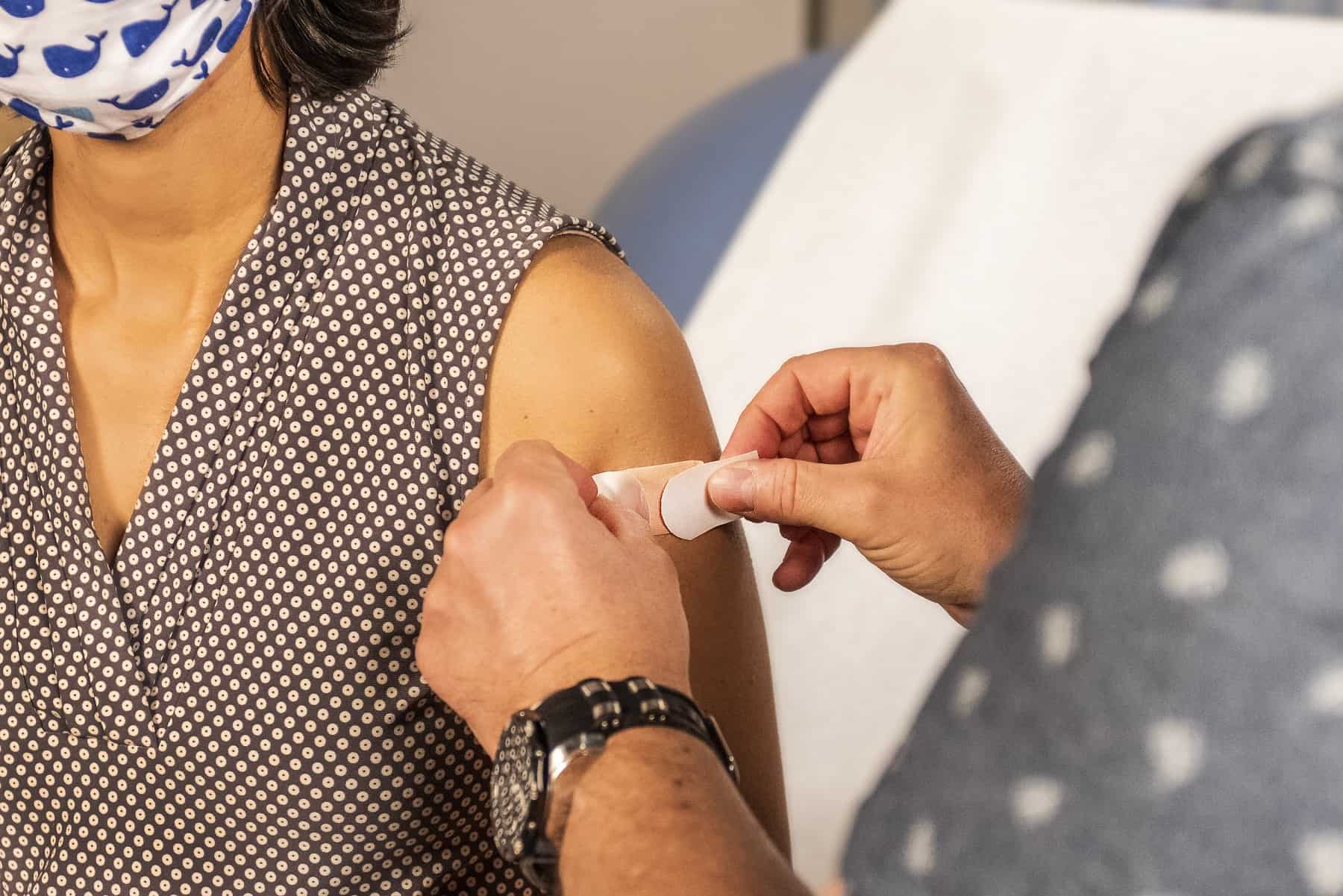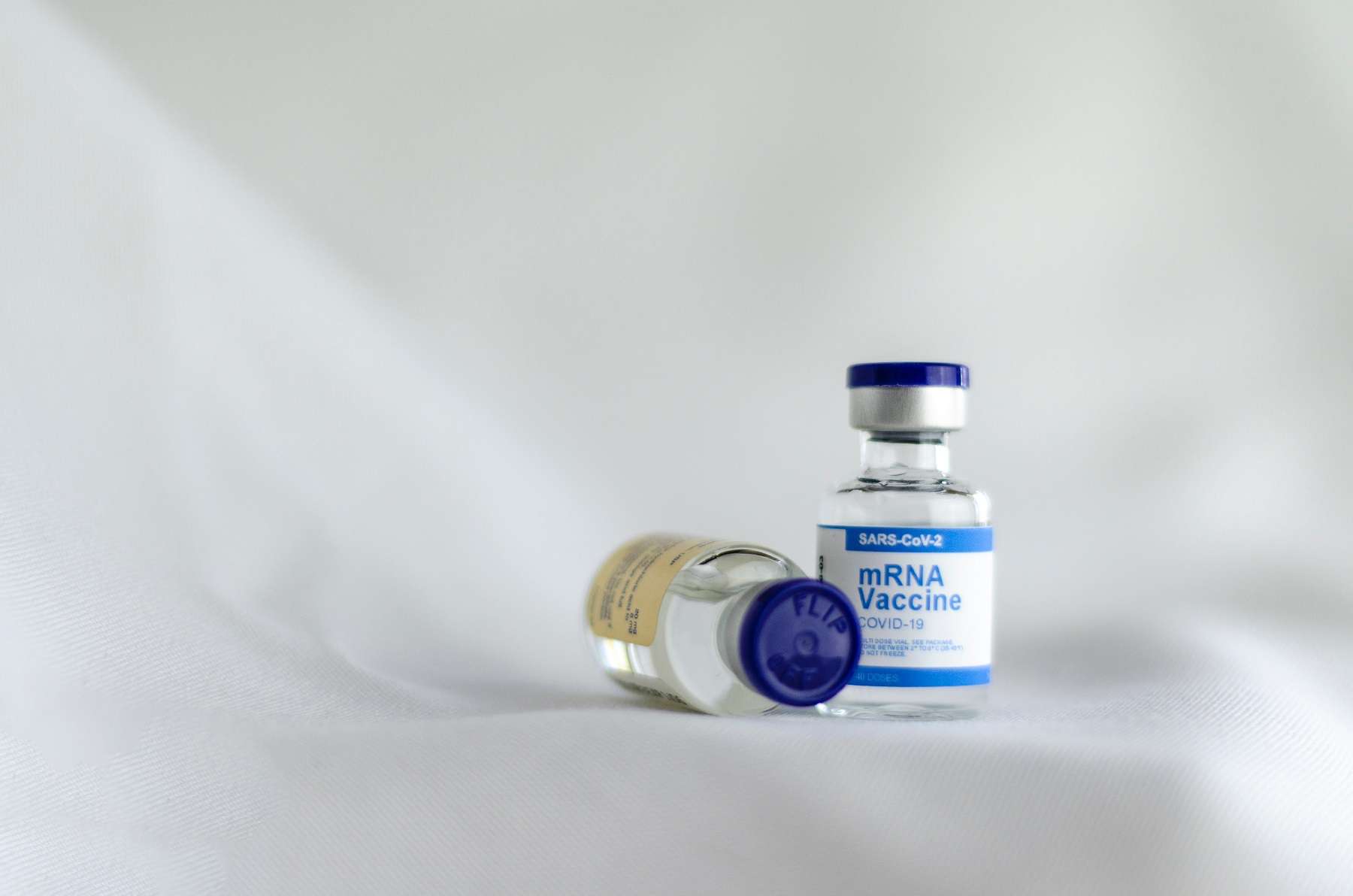As of this Friday, Covid booster shots are authorized for administration, and state officials across the country are prepared to distribute them to those eligible. Los Angeles County’s health director announced they have the infrastructure in place to start administering Covid booster shots in Los Angeles. But what exactly are booster shots and how can they help you fight Covid? Do you even need them? Stay with us because in this article we will tell you all you need to know about Covid booster shots and answer all your questions about them.

Why Is There a Need for Covid Booster Shots?
The emergency Covid vaccines have been effective in reducing severe illness and hospitalization, but their effects are not long-lasting. Recent CDC data report the increasing infection of fully vaccinated people and diminishing protection against the coronavirus. This decline is more prominent in those older than 60.These new reports along with the stronger delta variant have made booster shots necessary for some people.
To replenish the immune system, the U.S. Department of Health and Human Services (HHS) is planning to administer booster shots to those who are fully vaccinated. On September 17th, an FDA committee approved booster vaccines for those with a high risk of catching severe Covid and people aged 65 and over. On September 24th, an advisory committee of the Centers for Disease Control and Prevention (CDC) also gave the greenlight for the administration of these shots to certain groups. The use of booster shots for the general population is still not approved due to insufficient data.
What Are Covid Booster Shots and How Do They Work?
The initial two doses of vaccine increase the number of immune cells in the body. These include the memory B cells and T cells that provide protection against future infections. But this protection decreases as time passes and needs a boost to reawaken the immune system. This is not unusual and other vaccines like tetanus and diphtheria vaccines need booster shots too.
Once in the body, they do several things:
- Increase B cells and antibodies against the virus. The new pool of B cells will be larger than before and if the pathogen attacks the body again, the response will be faster.
- Trigger B cells and cause them to travel to the lymph nodes. There they will go under mutations and produce antibodies that bind more strongly to the virus.
Another great benefit of mRNA vaccine booster shots is that they can be tweaked based on the pathogen’s latest mutations. This way your body will be prepared to face the new variants of the coronavirus.
Booster shots have been tested by Israeli officials in individuals over 60 and resulted in a reduction of infections and hospitalizations.
How Are Covid Booster Shots Different From Third Shots?
You may confuse Covid booster shots in Los Angeles with third shots, but these two are different.
Third shots are for severely immunocompromised people who don’t build enough protection after being vaccinated. Receiving the third shot can help them build stronger immunity against the virus. FDA has recently approved the emergency use of Pfizer and Moderna third shots for immunocompromised groups. So a third shot for them is just an extra dose of the vaccine.
Booster shots, on the other hand, are for people who have fully responded to the initial vaccines and built enough protection against the virus. But since this protection wanes over time, these new shots are needed to boost the immune system.
Who Needs a Covid Third Shot?
CDC recommends a third shot of an mRNA vaccine for moderately to severely immunocompromised people. Data shows that people in these groups haveweakened immune systems and can suffer more from the long-term effects of Covid-19.
The immunocompromised group includes:
- Those who have received an organ transplant and take immunosuppressive medicine
- Those who have received a stem cell transplant in the last 2 years and take immunosuppressive medicine
- Those who are actively taking high-dose corticosteroids, alkylating agents, antimetabolites, and other medications that suppress their immune systems
- Those who are undergoing chemotherapy
- Those who have HIV
- Those who are being treated for blood-related malignancies
- Those who have moderate or severe primary immunodeficiency like DiGeorge or Wiskott-Aldrich syndrome
These are some of the conditions that put people in the immunocompromised group. If you’re not sure whether you are in this group or not, contact your doctor and see if you can benefit from a third shot of the vaccine.
Currently, CDC only recommends the third shot for Pfizer-Bio N Tech and Moderna vaccines, 28 days after receiving the first two doses. You can get your third shot at health departments, pharmacies, and doctors’ clinics.
By now, more than 2 million people have received the third shot.
Does the Third Shot Have to Match the First Two Shots?
The FDA recommends you get the same mRNA vaccine for the third shot that you got for the first two shots. It’s recommended that you don’t go for a different vaccine, simply because there aren’t enough studies on how this mix and match approach can affect your body. Until there are conclusive results, it’s best to go for the original vaccine that you received.
So get in touch with the facility you’re planning to get your mRNA third shot at and make sure they have it before making an appointment.
As for the Johnson &Johnson vaccine, an extra dose has not been approved yet due to a lack of data. But it’s likely that immunocompromised people who received the single-shot vaccine will soon be able to get an additional dose.
 Who Needs a Covid Booster Shot?
Who Needs a Covid Booster Shot?
On September 24th, the Centers for Disease Control and Prevention (CDC) finally endorsed Pfizer-BioNTech Covid booster shots for certain groups. For now, people who can get a booster shot include:
- Those aged 65 and older
- Those aged 18 and older who are residents in long-term care settings
- Those aged 50-64 with underlying medical conditions like diabetes and cancer
- Adults under 49 may also get the booster shot based on their individual risks and benefits
CDC’s decision is aligned with the FDA’s emergency authorization for booster shots. This guidance may be revisited later, but according to the CDC, now about 26 million people are eligible to receive the booster shot, 13 million of whom are 65 and older.
Approved Covid Booster Shots in Los Angeles
Pfizer and Moderna have applied for FDA authorization for their mRNA-based Covid booster vaccines.
Right now, the FDA has only authorized the use of Pfizer booster shots. Moderna is still waiting its turn.
Johnson & Johnson on the other hand hasn’t even applied for authorization yet, but it has reported some data on the efficiency of its booster shots. It’s expected that it will apply soon for its booster vaccines to be considered.
So at the moment, you can only get the Pfizer booster shots.

When and Where Can You Get the Covid Booster Shot?
CDC’s support clears the way for the administration of booster shots from September 24th.
If you are eligible, you can get the booster shot at least 6 months after getting your initial two doses of the Pfizer-Bio N Tech vaccine. Health officials announced that there are enough supplies and you can get your Covid booster vaccines at clinics, pharmacies, and the same vaccination sites as before.
Like the main vaccines, booster shots are also free and you don’t need an insurance card or ID to get them. Although it’s a good idea to have your vaccination record with you so the administrator can add in the booster shot.
Officials in different states have announced that they are ready to administer the new shots as soon as they’re approved. So if you’re in California, now you can make an appointment and get your Covid booster shots in Los Angeles.
What Are the Side Effects of Covid Third Shots and Booster Shots?
There are no new side effects to Covid third shots and booster shots. CDC reported that immunocompromised people who received the third shot showed similar symptoms to the first two doses.
As for booster shots, Pfizer’s trial reports show that people experienced the same side effects as before. Data from Israel don’t show any unusual side effects either. Although more studies are needed to say this with certainty, we can assume that the side effects you’ll experience from Covid third shots and booster shots include:
- Pain and swelling at the injection site
- Fever
- Headache
- Chills
- Fatigue
- Muscle and joint pain
So Get Your Covid Booster Shots in Los Angeles Now
After lengthy debates, Pfizer Covid booster shots are finally approved by both the CDC and FDA for certain individuals. Despite President Biden’s plans to administer booster shots to all Americans, this is still a big step. Eligible people are more vulnerable to Covid and have a higher risk of severe illness. So if you’re among them, don’t hesitate to get your booster shot.
If you’re 65 and older or have underlying medical conditions, you can benefit greatly from the boost that this extra shot gives your immune system. Dr. Kezian, who is an experienced Los Angeles dentist and operates with a 100% fully vaccinated dental staff, encourages you to get your COVID booster shots in Los Angeles and fight the vicious coronavirus with all the help you can get.
While you’re at it, if you are in need of a dental checkup, make sure to give Dr. Kezian’s office a call and get your teeth tended to by the most professional and caring team.
Dr. Arthur A. Kezian DDS
443 N. Larchmont Blvd
Los Angeles, CA 90004
(323) 467-2777
http://www.drkezian.com
References:
- S. Food and Drug Administration – Coronavirus (COVID-19) Update: FDA Authorizes Additional Vaccine Dose for Certain Immunocompromised Individuals
- Centers for Disease Control and Prevention – Pfizer-BioNTech COVID-19 Vaccine Booster Shot
- Nature – COVID-vaccine booster shot shows promise in Israeli study
- Reuters – S. CDC backs COVID-19 boosters for high-risk adults, workers, older Americans
